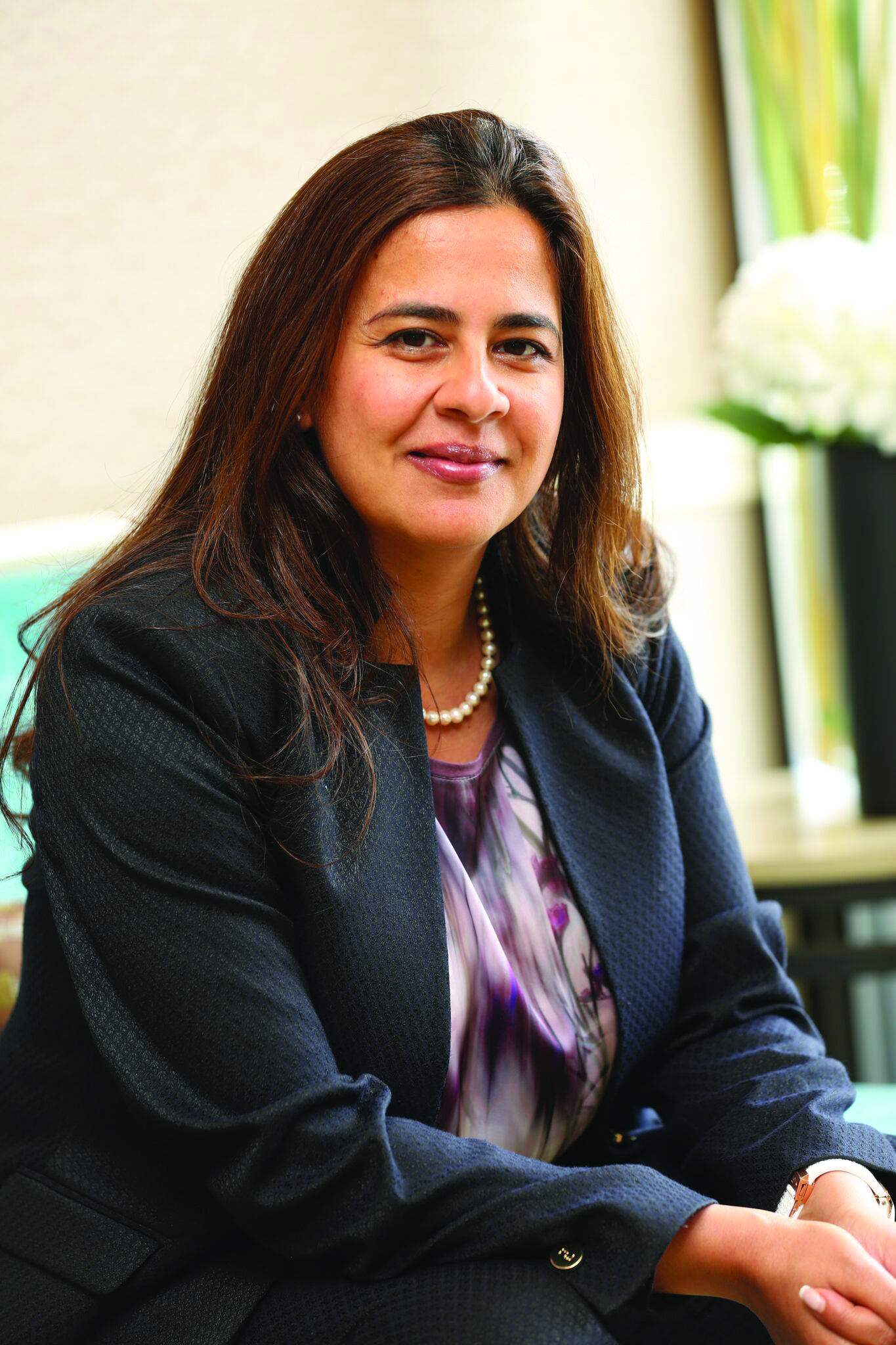Last Updated on October 24, 2023 by Dalia Barsoum
In the last issue of CREW, we looked at how you can use your RRSPs to purchase a rental property by borrowing funds from your retirement plan in the form of a mortgage, which you can then use as either a down payment on a rental property or as a way of buying it outright. In this issue, we’ll discuss a second method of putting your RRSPs into real estate investments: providing funds for others.
Due to today’s tighter lending guidelines, some borrowers are unable to obtain an 80% mortgage on a rental property from institutional lenders. Often, they turn to alternative sources of funding to supplement the shortage – such as an investor like you with RRSP funds to invest.
If you’re looking for passive returns within your RRSPs or registered funds using real estate, this strategy is a great option, as it’s low-cost and low-maintenance. It’s also worth mentioning that this method would fall under what the CRA calls an ‘arm’s length’ mortgage under the Tax Act.
How it works
Your RRSP is like a basket with various types of investments in it: stocks, bonds, money-market funds. In order to use RRSPs in real estate using this particular method:
- The RRSPs must be set up as a mortgage against the real estate. Think of the mortgage as another investment type within your RRSP basket.
- The real estate cannot be owned by you or a corporation that you own.
- The RRSP loan must be administered by a CRA-approved trust company such as Community Trust, Canadian Western Trust or Olympia Trust.
For example, let’s say that you have $50,000 in RRSPs, plus another $25,000 in a TFSA that you are looking to put into a passive real estate investment.
Heather is a real estate investor who is looking to close on a rental property that she purchased for $500,000, which she’s planning on renovating. Due to the condition of the property, Heather’s mortgage application has been declined by her bank. But she has been approved by a B lender for 65% of the value through her mortgage broker.
Heather wasn’t planning on injecting a 35% down payment into the deal, as she would like to keep some funds set aside for renos. The good news is that the B lender will allow her to tack on a second mortgage behind its mortgage – up to 80% – to supplement the shortage.
Heather currently has $100,000, good enough for 20% down, but she is short the $75,000 she needs to hit 35%. On a deal like this, we can set up a registered loan from you for $75,000, combining your RRSPs and TFSA into a second mortgage for Heather.
The terms of the mortgage can be outlined through a mortgage agreement drafted by your mortgage broker or your lawyer. The terms would state, in part:
- The duration of the mortgage
- The interest you’ll charge on the loan
- Any lender fees payable to you
- Payment frequency
- Renewal fees
At the time of closing, your lawyer would register the $75,000 RRSP/TFSA mortgage against Heather’s property, in second position, and the trust company of your choice would take care of the processing/ collection of the interest payments payable on your mortgage.
Upon the maturity of the mortgage term, Heather would be expected to return the $75,000 principal back into your RRSP, along with any accrued interest calculated at the time of mortgage discharge.
Mitigating risk
Having your funds wiped out is a chilling proposition with this type of arrangement. That’s why, if you’re planning on using this strategy, I strongly recommend that you work with a mortgage broker who is experienced with private lending, who can help you structure the deal in a way that helps manage the risks involved. Two ways of mitigating those risks include:
Understanding the exit strategy. This involves getting a number of questions answered. How will the borrower successfully pay back the loan? Will they sell the property? Will they be able to refinance it? What are the underlying assumptions of the exit strategy, and have they been validated? What if the borrower can’t return the funds in time due to circumstances outside their control? Will you be open to renewing the loan?
Ensuring the value is legitimate and that you have a cushion. Because your funds are secured by the value of the property, it’s important to ensure that an appraisal was done by a reputable third-party company and that the appraisal is addressed to you, the lender, at the time of closing so you can legally use it if a power of sale takes place.
On the topic of value, it’s also important to get guidance from your broker in regard to the loan-to-value ratio. Ensure that the property is not over-leveraged and that there is enough cushion in case you need to put it up for sale under a power of sale scenario.
Private mortgages can be risky, but a thorough strategy, coupled with due diligence, can make them a real game-changer when it comes to planning your retirement.

Dalia Barsoum is the president and principal broker at Streetwise Mortgages. A multi-award-winning mortgage broker, real estate investor and finance advisor with more than 20 years of experience, Barsoum is also regular speaker and contributor on the topics of investing and financing. She is the best-selling author of Canada’s numberone financing book, Canadian Real Estate Investor Financing: 7 Secrets to Getting All the Money You Want. Get in touch with her for a complimentary portfolio consultation, or to discuss how to use RRSPs to invest, at info@streetwisemortgages.com. For more information, visit streetwisemortgages.com.
Dalia Barsoum is the founder of Streetwise Wealth, a boutique real estate wealth advisory firm, and Streetwise Mortgages, a multi-award-winning brokerage specializing in income property financing. Streetwise Mortgages is known as Canada's #1 small markets broker (AKA rental markets) as ranked by Canadian Mortgage Professionals.
The team at Streetwise Mortgages has funded over 1 billion dollars of mortgage volume and over 2700 mortgage transactions ranging from residential, multi-family, mixed-use, and other construction projects.
Dalia is the best-selling author of Canadian Investor Financing: 7 Secrets to Getting All The Money You Want, a columnist for Canadian Real Estate Wealth magazine and has been recognized as a Global 100 mortgage professional, one of Canada’s top 10 brokers, and a woman of influence.
Through strategic real estate financing advice, sophisticated deal structuring solutions, and access to an understanding of all the money tools and capital structures investors use to grow (private money, traditional mortgages, alternative mortgages, GP/LP structures, corporate capital structures, and joint ventures), Dalia and her team have helped thousands of Canadians kick start their real estate investment journey and take their portfolios to the next level while managing risk.








